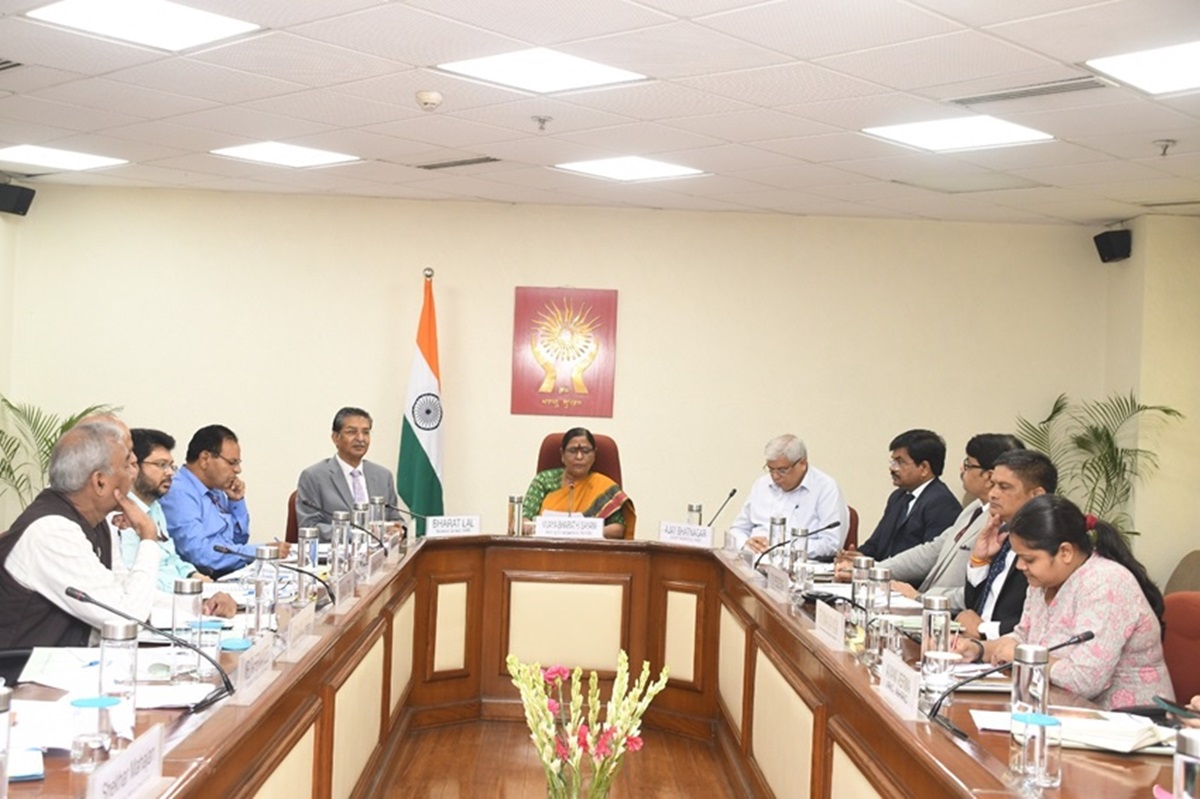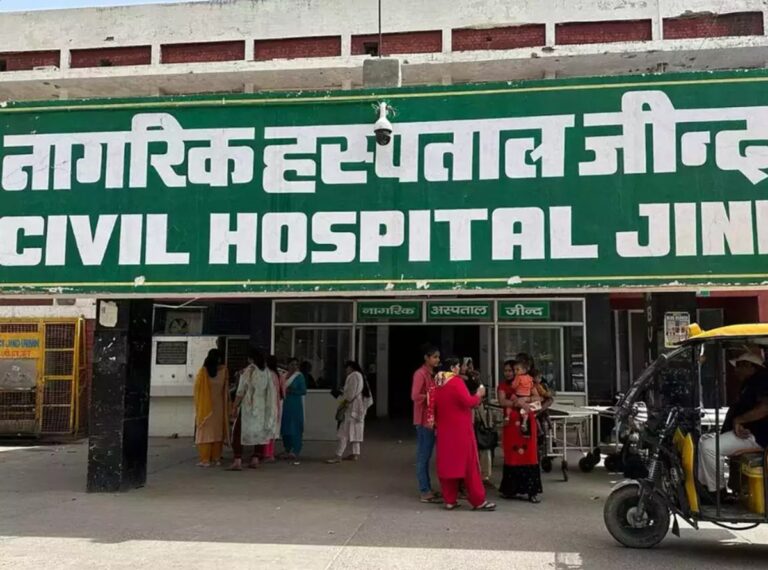NHRC core group meeting on rights of bonded labour
NHRC Addresses Persistent Bonded Labour Issues in Core Group Meeting
New Delhi, July 12, 2024 – The National Human Rights Commission (NHRC) of India recently convened a core group meeting to tackle the enduring challenges of bonded labour and to identify gaps in their rescue, relief, and rehabilitation. Chaired by Acting Chairperson Smt Vijaya Bharathi Sayani, the meeting included Secretary General Shri Bharat Lal and other senior officers, experts, and human rights defenders.
Smt Sayani emphasized that despite legal provisions and efforts, many people remain trapped in forced labour and debt bondage. She highlighted the NHRC’s initiatives, such as advisories for identifying and rehabilitating bonded labourers, but acknowledged that more needs to be done. The issue extends into non-farming sectors, including the Devadasi system and small-scale industries.
Shri Bharat Lal stressed the need for concrete actions to eliminate bonded labour, noting the ethical impetus provided by India’s value systems. He pointed out the mismatch between labour supply and demand, leading to exploitative practices, including in multinational corporations and delivery service companies.
Shri Devendra Kumar Nim, Joint Secretary, noted that many children from distressed migrant families end up as bonded labourers in sectors like textiles and brick kilns. A study revealed that 83% of rehabilitated bonded labourers belong to SCs or STs.
Key suggestions from the meeting included:
- Creating a portal for informal workers to secure jobs outside their states.
- Establishing an Inter-state Cell to track migrating bonded labourers.
- Formalizing the labour contracting mechanism.
- Enhancing the NHRC’s mechanism for filing bonded labour complaints.
- Expanding the interpretation of human trafficking to include bonded labour.
- Sensitizing police and district administration on bonded labour issues.
- Reducing the time gap between rescue, relief, and rehabilitation.
- Providing legal assistance to victims through NALSA.
The NHRC will further discuss these suggestions to develop recommendations for the government, with input from various stakeholders including government ministries, NGOs, and academic institutions.


